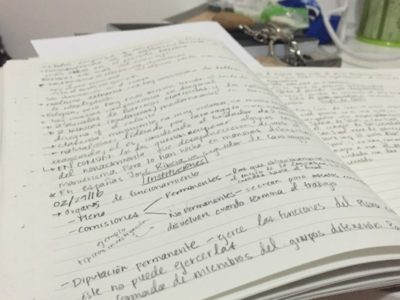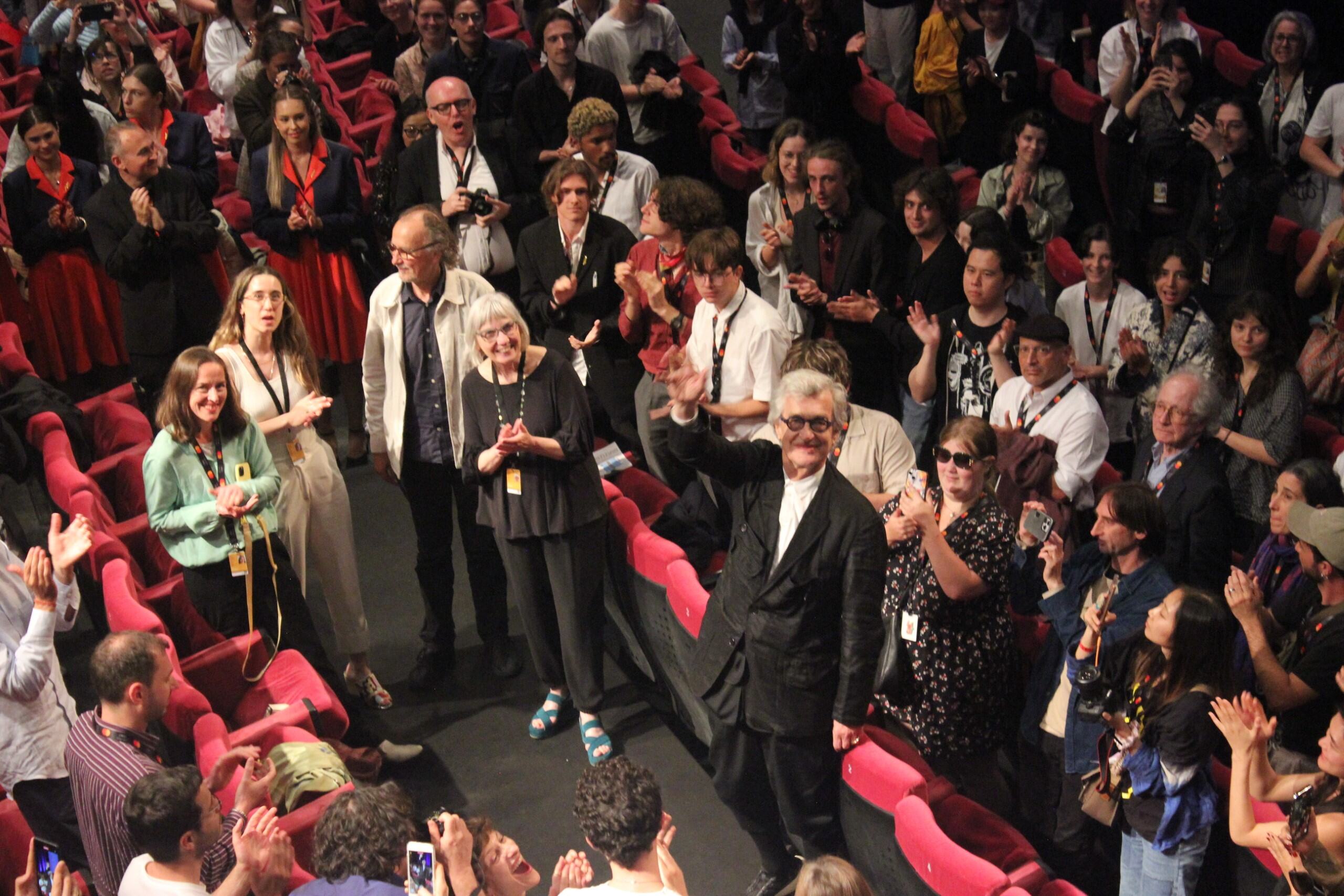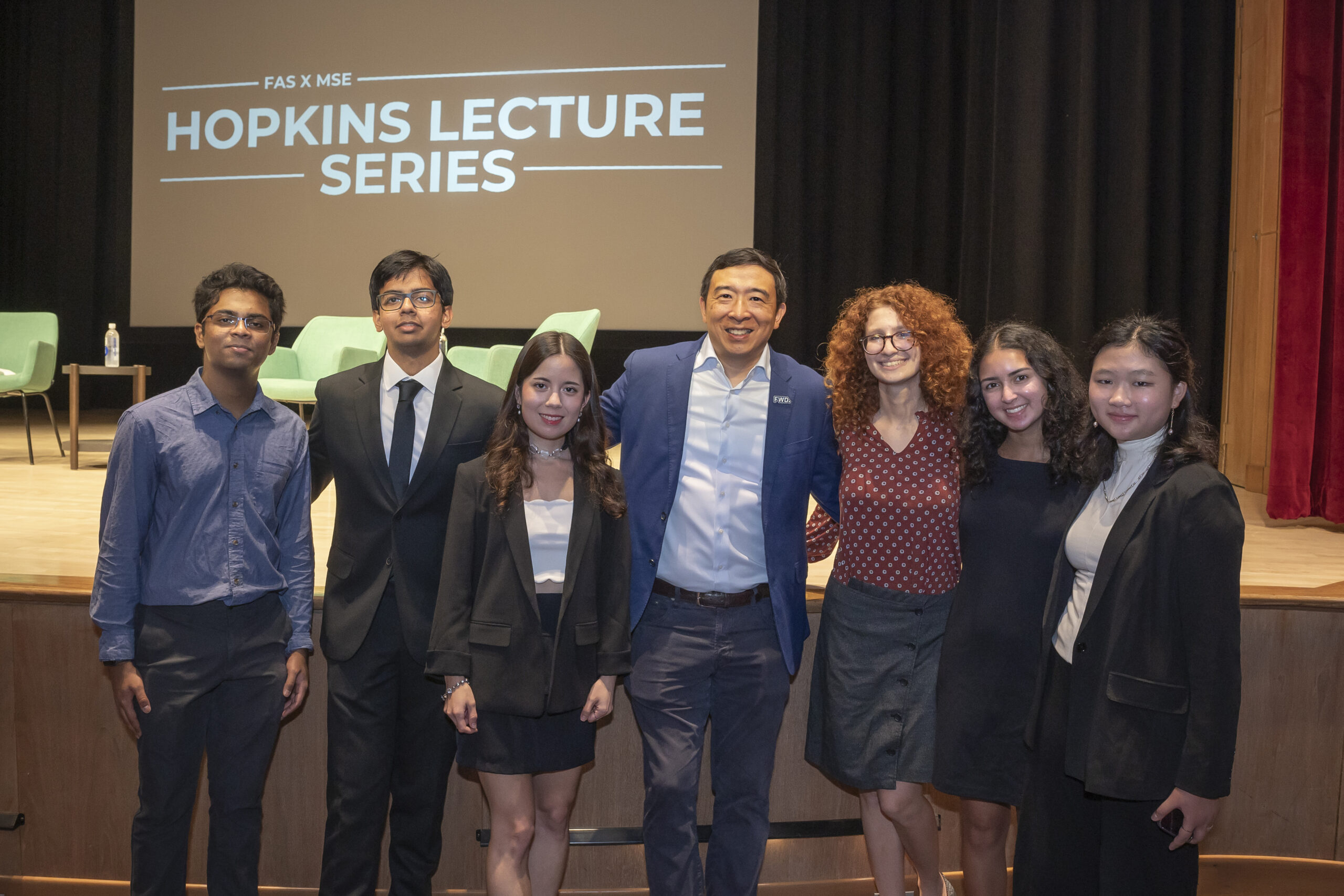
When I was applying to go abroad, I knew that I would primarily be going to complete my Spanish major. I wasn’t too wary of that fact, because I wasn’t sure how successful I would be in taking a Neuro class in Spanish (ie the extent of my related Spanish vocabulary includes cerebro, nervios, cabeza…yeah). That being said, I still didn’t quite know what to expect in terms of classes. Because the Madrid program is directly affiliated with Hopkins, all of the credits and classes I take here are transferable. In essence, I could take classes that would fulfill S credits, H credits, and even Writing Intensive credits. This left me with a lot of freedom in creating my schedule which was exciting, because after not having a wide variety of humanities classes in my previous schedules, I was able to pick and choose unique classes that I otherwise wouldn’t have the opportunity to take, ranging from Spanish Art History (which has classes in the Prado museum!!!) to Golden Age Literature in Spain. Inspired my some of my fellow bloggers this week, I thought I’d give you an insight into what I learned in one of my classes today.
One of my favorite classes has quickly become Instituciones de Sociedad y Política, or Social and Political Institutions. I not only love this class because of the fabulous professor, Lola, but also because it’s been extremely helpful in contextualizing the political atmosphere of Spain today—which is controversial, because the most recent elections left the country with an indecisive and inactive government. It also has been extremely interesting to compare and contrast the Spanish government system with our own, especially during election season.
Today, we reviewed two assignments we had for the weekend. One of them pertained to the Spanish line of succession. Spain has a parliamentary government, with a monarch, similar to the United Kingdom. Although the king has very little power in the government, the rules for succession are interestingly outlined in the Spanish Constitution. The rules are very traditional and proper, and our teacher tested us with a trick question. Our second assignment was about voting in the Congreso de los Diputados, or the equivalent of the House of Representatives. The formula they use to elect delegates is so simple that it’s sometimes difficult to wrap my head around, especially when I compare it to the complexities in the US elections. We spent the rest of class continuing our conversation about the make-up of legislature, and different organizations within the Congreso and the Senado.
Okay, so that may or may not have bored you to death, but it’s exciting and interesting to learn about the inner workings of the Spanish government, especially in this point in the country’s history. I also love that the class encourages us to discuss our ideas or doubts, and to follow live updates on the happenings of the government, via radio, TV, newspapers etc. The class has allowed me to understand the political atmosphere, adding a whole other element to living here. And that’s what’s most important about not only this class, but all of them—they’re giving me a larger understanding of my surroundings, which helps in assimilating even more to the culture and daily activities. Plus as a bonus, it’s sparked enough of an interest in politics that I’m finally, actively keeping up with current events back home and around the world (*cue gasp*). Who knows, maybe I’ll renew that subscription to The Economist…




